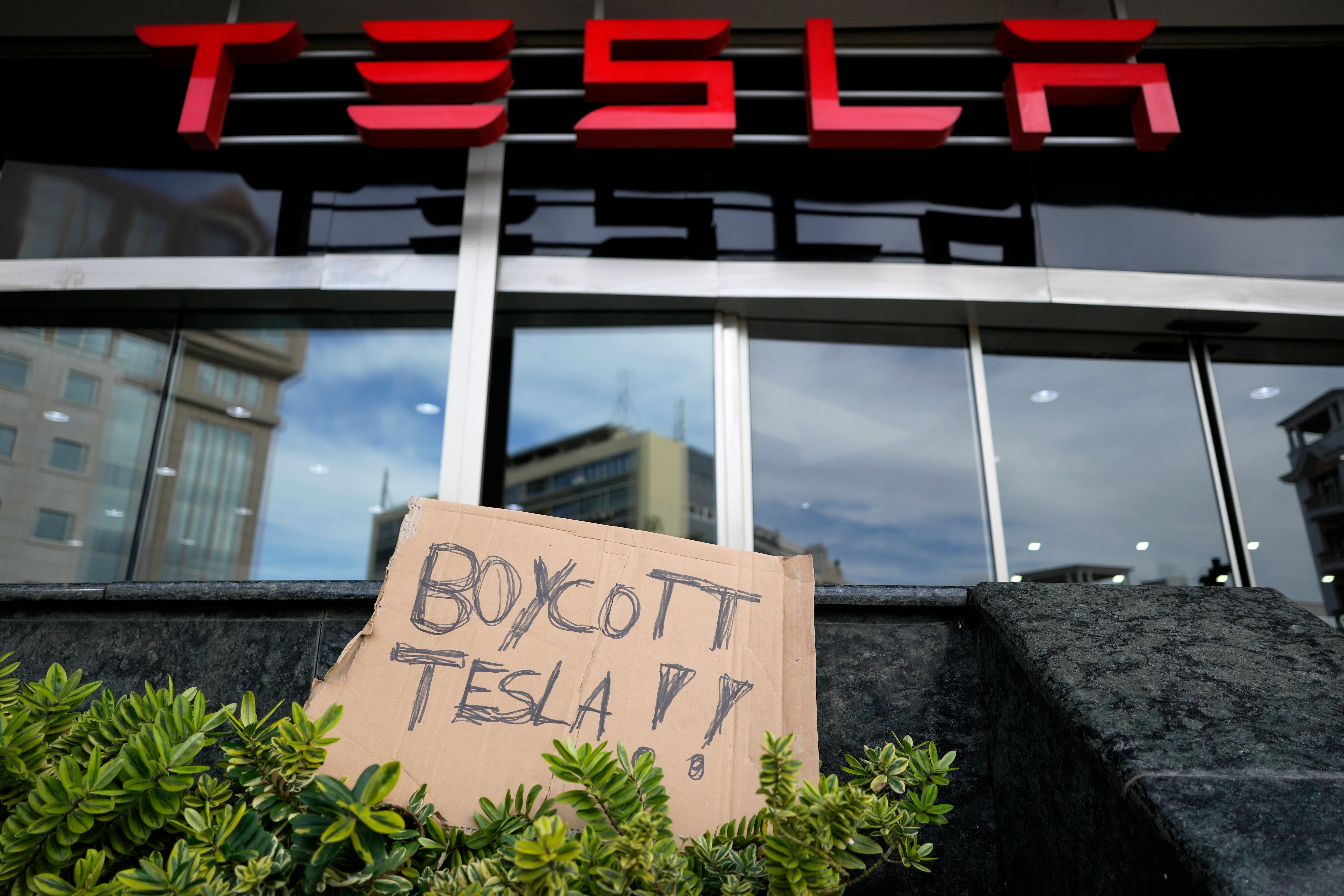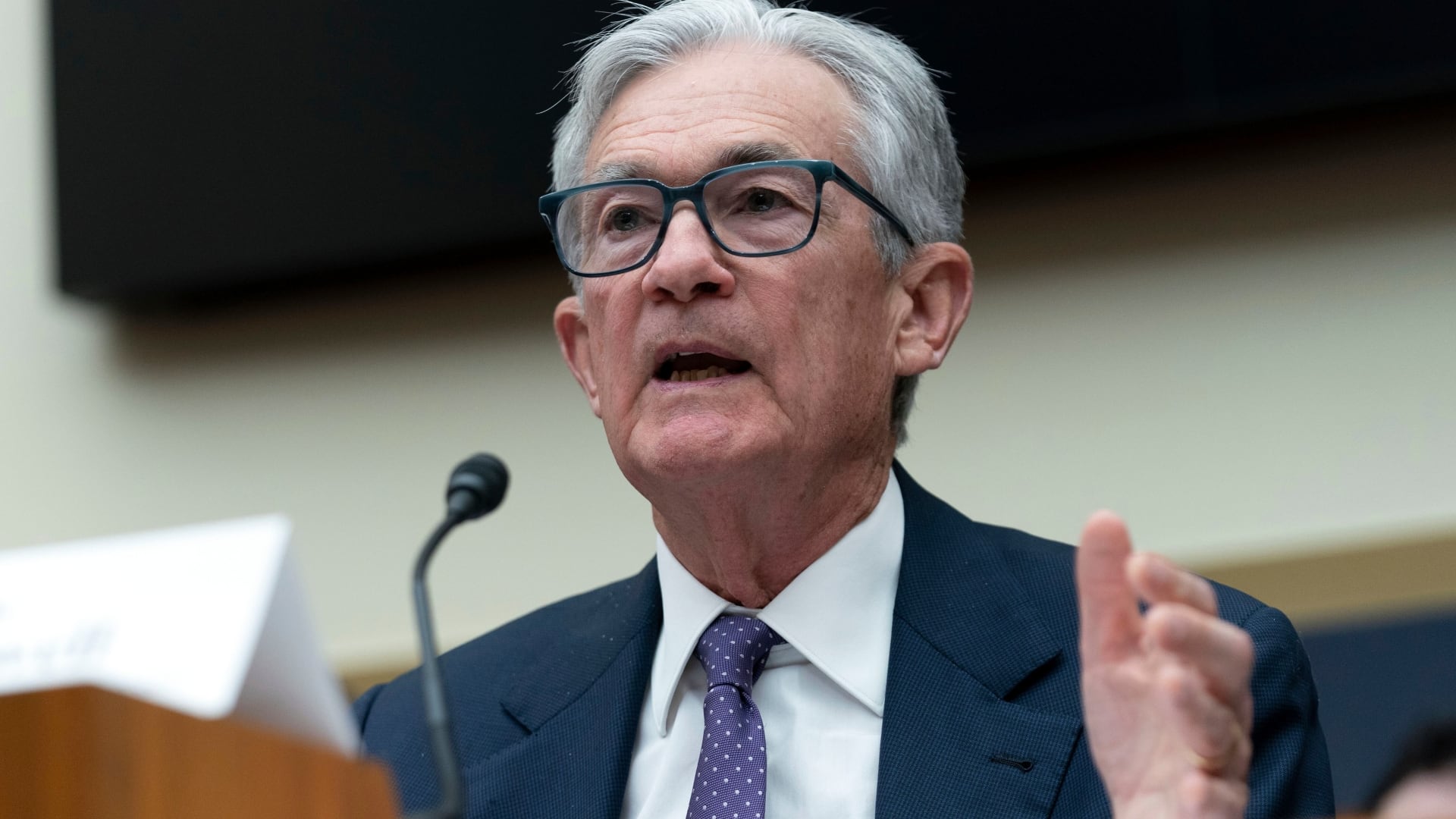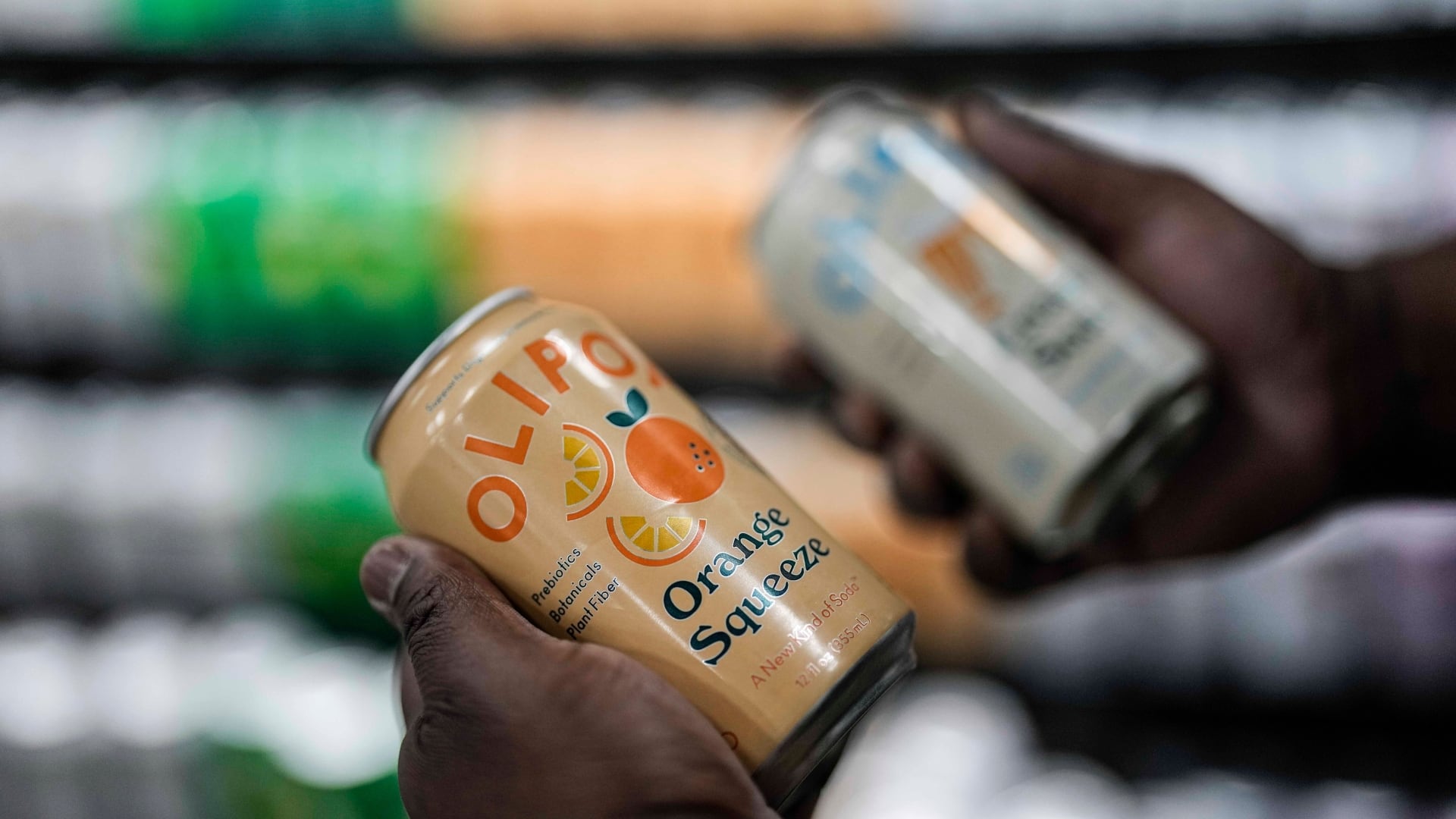*By Tanaya Macheel* Abra, a five-year-old crypto company that has historically been focused on remittances, is starting to look like a fintech app itself; it will soon give users the ability to use their bitcoin to invest in traditional assets “like Apple, Amazon, gold and the S&P 500," according to a customer email it sent late Tuesday. The minimum investment is five dollars and Abra will waive fees on traditional stocks and ETF investing for the rest of 2019. If successful, Abra might actually succeed in truly “democratizing financial services” — the mantra of fintech startups that once sought to disrupt the old guard of the banking industry that maintained its wealth and power on consumers’ reliance on them. Abra, a crypto exchange and digital wallet startup, is available in at least 155 countries and supports the buying, storing and now investing of 30 cryptocurrencies and 50 fiat currencies. Bill Barhydt, Abra’s CEO, has been vocal about his vision for Abra to become a sort of crypto bank, where users can act as custodians of their own money, whether it’s bitcoin or dollars or other crypto and fiat currencies, and whether it’s investing, credit or simply transferring money between two people. Traditional and even upstart digital banks haven’t figured out how to be a truly global, borderless bank in that sense, thanks in large part to regulatory requirements that vary from market to market and can sometimes be burdensome for the banks. Abra is particularly innovative among crypto and fintech startups because it allows users to store bitcoin as their currency of choice. And as bitcoin as of now isn’t considered “real money” Abra [isn’t subject to the same regulations] (https://cheddar.com/videos/abra-ceo-aims-to-upend-banking-sector-with-crypto-backed-synthetic-money) or licensing requirements as banks. There’s no shortage of investing apps in fintech. CommonBond, Swell, and Invstr are just a few variations of the hugely successful Robinhood app. Even Chase, the largest U.S. bank by assets, has introduced YouInvest as its answer to the popular trend. Robinhood and Square’s Cash App both have crypto buying and selling services, but neither app has enabled users to use their crypto funds for other services. For example, Robinhood requires users to connect a bank account to trade stocks or cryptocurrency, and Cash App users can’t yet use their crypto funds to pay for purchases using their Cash Card.












